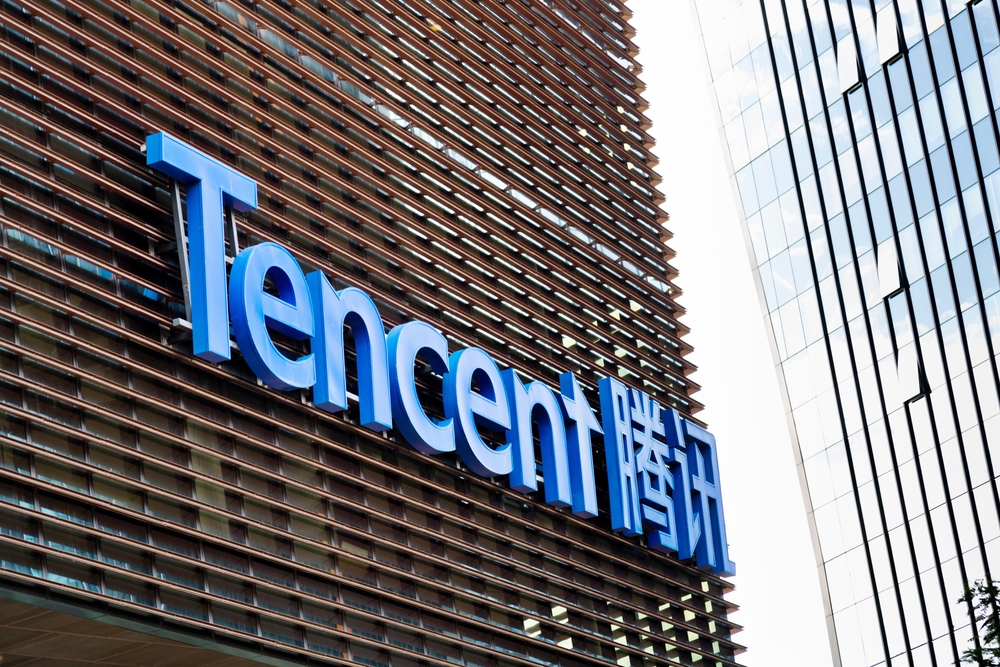Revenue and Profit Surpass Expectations
Tencent posted stronger-than-expected fourth-quarter results, driven by surging gaming and advertising revenues. The company also ramped up its capital expenditures, tripling investments in 2024 to enhance its artificial intelligence capabilities amid rising competition from Chinese tech giants like Alibaba.
Key Q4 2024 Results (vs. Refinitiv estimates):
- Revenue: 172.4 billion Chinese yuan ($23.9 billion) vs. 168.9 billion yuan expected
- Profit: 51.3 billion yuan vs. 46.03 billion yuan expected
This represents an 11% year-on-year revenue increase and a 90% rise in profits compared to Q4 2023.
Gaming and Advertising Drive Growth
Tencent, one of the world’s largest gaming firms, saw domestic gaming revenue in China rise 23% year-on-year to 33.2 billion yuan in Q4. The growth was fueled by its hit games Honour of Kings and Peacekeeper Elite.
International gaming revenue also climbed 15% year-on-year to 16 billion yuan, bolstered by the success of PUBG Mobile and Tencent’s expansion into global markets.
Tencent’s marketing services, primarily its advertising business, grew 17% year-on-year to 35 billion yuan, reflecting increased ad monetization through WeChat’s 1.38 billion monthly active users.
AI Investments and Monetization Strategy
AI is becoming central to Tencent’s long-term growth strategy. The company has made significant advances, including the launch of:
- Hunyuan3D-2.0 – A model that converts text and images into 3D graphics.
- Turbo S – An AI-powered chatbot for rapid query responses.
AI integration is driving improvements in multiple Tencent products, including cloud computing and advertising. AI-powered ad targeting has contributed to Tencent’s marketing services growth, while AI cloud revenue approximately doubled year-on-year in 2024.
Surging Capital Expenditures
Tencent significantly increased capital expenditures in 2024, reaching 76.8 billion yuan—more than three times the 23.89 billion yuan spent in 2023. Much of this investment has gone toward acquiring servers and graphics processing units (GPUs) to support AI development.
Despite the increased costs, Tencent remains optimistic about AI’s long-term value, stating:
“We believe these stepped-up investments will generate ongoing returns via uplifting productivity in our advertising business and longevity of our games, as well as longer-term value from accelerated consumer usage of our AI applications and enterprise adoption of our AI services.”
Competitive Landscape in China’s AI Market
The AI race among China’s tech giants is intensifying. Tencent is integrating its in-house AI chatbot, Yuanbao, into WeChat’s search features while also leveraging DeepSeek’s AI technology. WeChat’s search revenue more than doubled year-on-year in Q4.
Alibaba and Baidu have also launched new AI models in response to rising demand. Alibaba’s latest AI assistant app is powered by its Qwen AI model, while Baidu recently introduced two new reasoning models.


